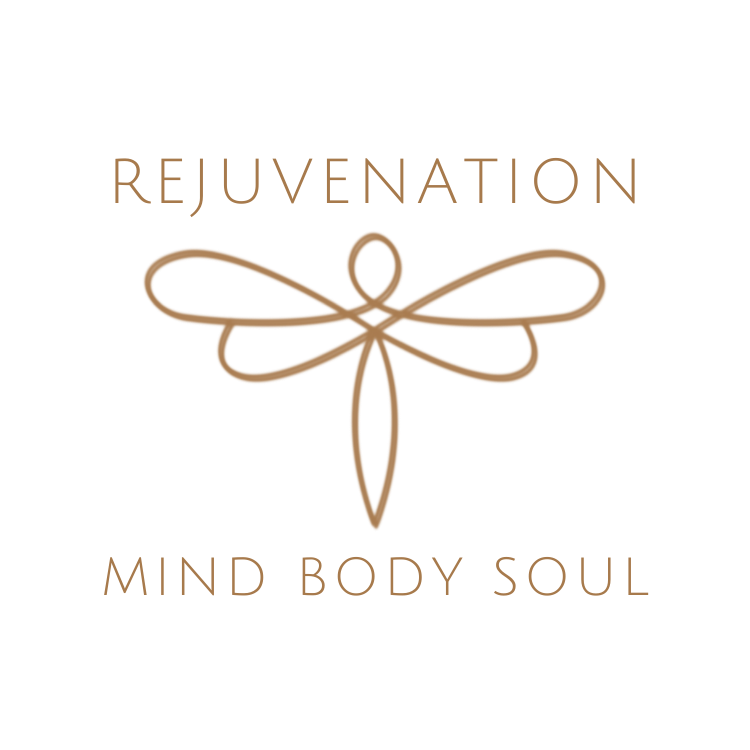Effective Strategies for Releasing Stress and Promoting Relaxation
In our fast-paced world, stress is a common experience, but there are many effective ways to release stress and promote relaxation. Here are some strategies that you can try:
Physical Exercise
Engaging in regular physical activity, such as walking, running, yoga, or dancing, can help reduce stress levels by releasing endorphins, known as "feel-good" hormones. Exercise also helps improve mood and promotes overall well-being.
Mindfulness and Meditation
Practicing mindfulness and meditation techniques can help calm the mind, reduce anxiety, and improve focus. Taking a few minutes each day to practice deep breathing, mindfulness meditation, or progressive muscle relaxation can be highly beneficial for managing stress.
Deep Breathing Exercises
Deep breathing techniques, such as diaphragmatic breathing or belly breathing, can help activate the body's relaxation response and reduce stress levels. Taking slow, deep breaths can calm the nervous system and promote a sense of relaxation.
Spending Time in Nature
Spending time outdoors in nature can have a calming effect on the mind and body. Whether you take a walk in the park, sit by a lake, or hike in the mountains, connecting with nature can reduce stress and improve your mood.
Engaging in Hobbies
Engaging in activities that you enjoy, such as painting, gardening, cooking, or playing music, can be a great way to relax and unwind. Hobbies provide a sense of fulfillment and help take your mind off stressors.
Connecting with Others
Social support is crucial for managing stress. Talking to friends, family members, or a counselor about your feelings can help you feel supported and less alone. Connecting with others can provide perspective, advice, and emotional support.
Practicing Self-Care
Taking care of yourself is essential for managing stress. This includes getting enough sleep, eating a balanced diet, staying hydrated, and setting aside time for relaxation and self-care activities.
Limiting Screen Time
Excessive screen time, especially on electronic devices like smartphones and computers, can contribute to stress and anxiety. Try to limit your screen time, particularly before bedtime, to promote better sleep and reduce stress levels.
Remember that different strategies work for different people, so it's important to explore and find what works best for you. If you find that stress is significantly impacting your daily life and well-being, consider seeking support from a healthcare provider or mental health professional.

